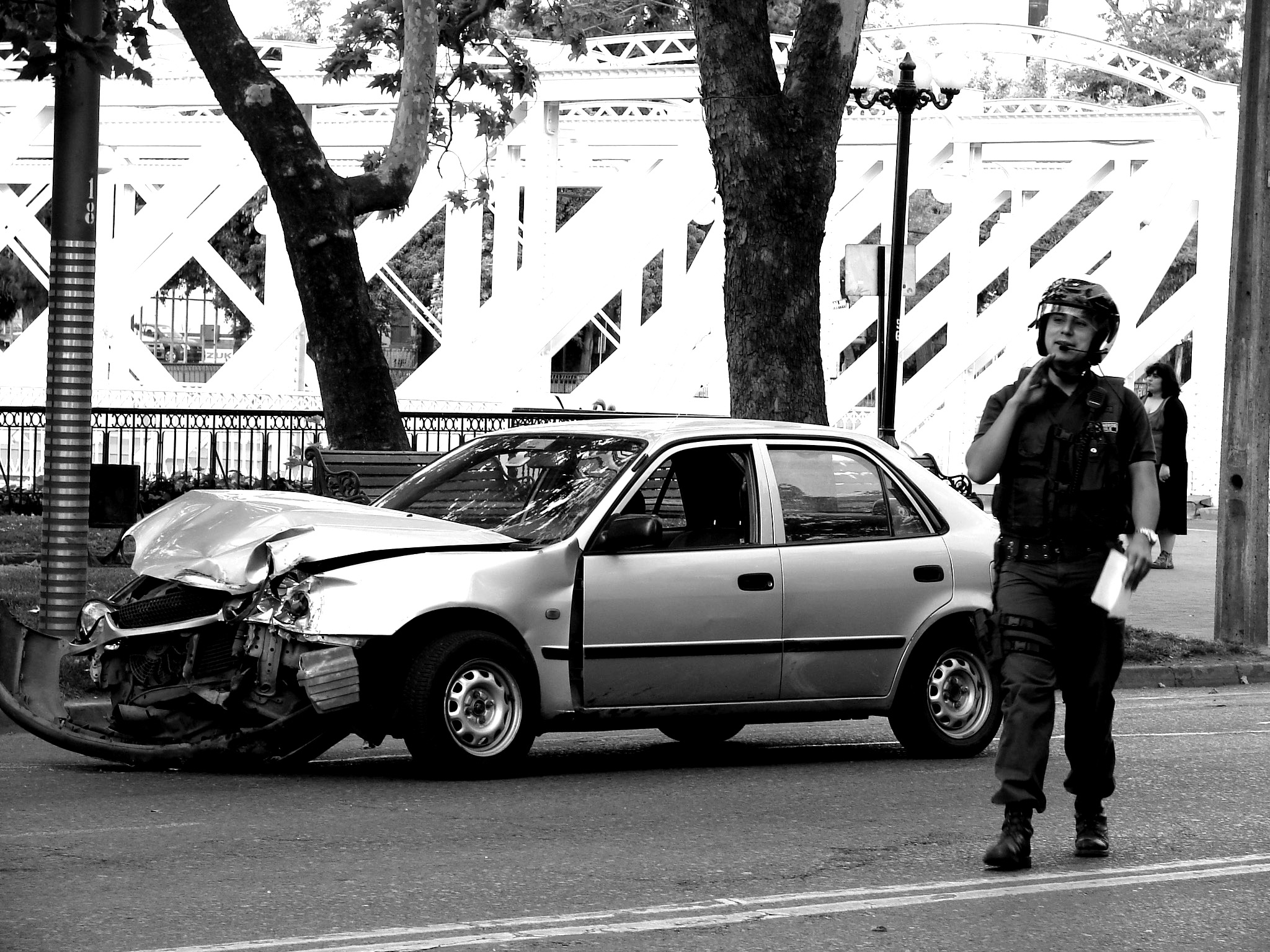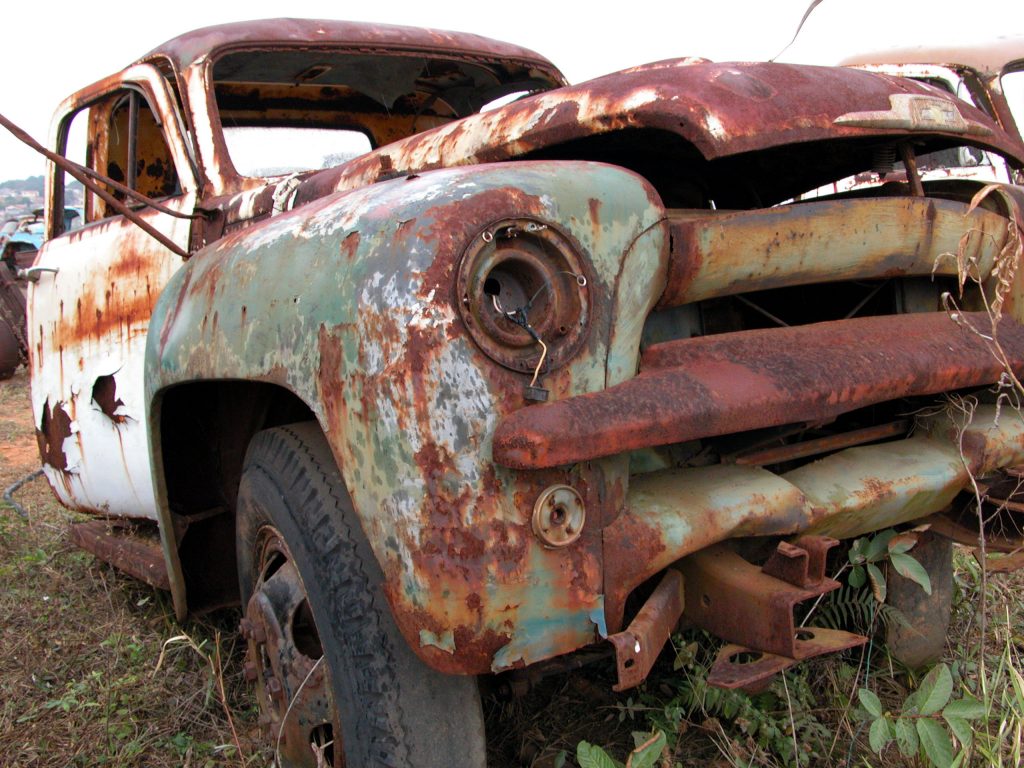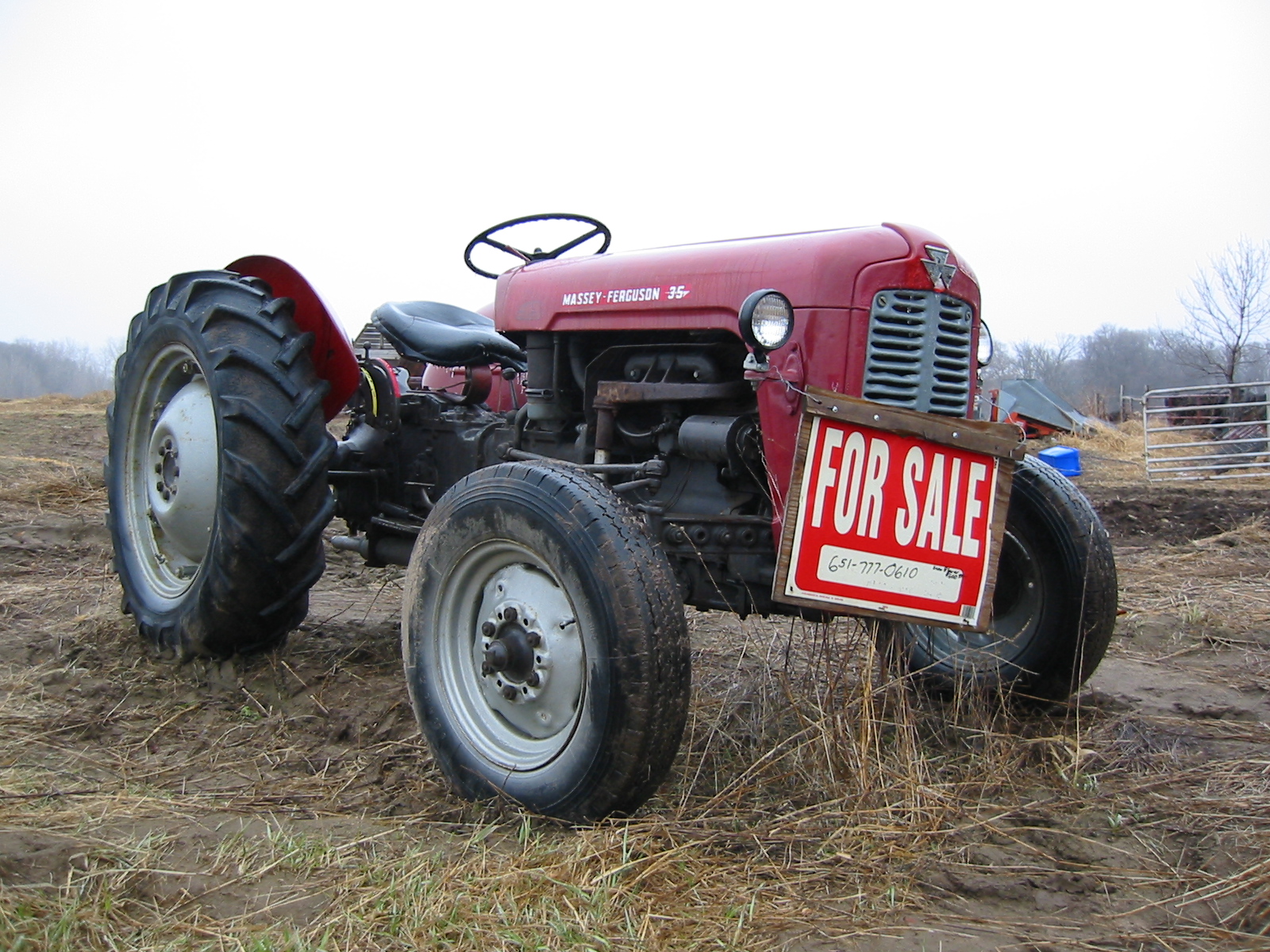
Mesothelioma has been called “the working man’s disease” as it tends to effect a high percentage of blue collar workers who were exposed to asbestos in various construction trades decades ago. A diagnosis of mesothelioma can be devastating and often leads to many legal questions that the best mesothelioma lawyers in Louisiana can quickly answer. Those questions largely revolve around finding out who the responsible parties are who might owe compensation to the claimant and ultimately what financial award could be paid in mesothelioma cases. The following asbestos case out of Jefferson Parish Louisiana provides some insight into the what a mesothelioma claimant and his family might receive if the case goes to trial.
William Oddo jr. was a handyman of sorts for over 30 years working with automobiles ships, and appliances. He raised a family on the Westbank of Jefferson Parish and lived to be 81, until he passed away from mesothelioma as a result of exposure to asbestos. Asbestos is a fibrous mineral which used to be common in building materials and automobile brake pads due to its properties of heat resistance. Over the course of his lifetime Mr. Oddo worked and lived with and around asbestos which is said to have given rise to his death.
On June 3, 2011, just one month before his death, Mr. Oddo filed a lawsuit against multiple defendants who allegedly contributed to his contraction of mesothelioma due to his exposure to asbestos. After his passing Mr. Oddo’s wife and two sons, hereafter referred to as the “Oddo family,” converted his case to a survival/ wrongful death action focused on two defendants from the defendant pool; Ford and Sud- Chemie Inc., formally known as and hereafter referred to as “Southern Talc.” The Otto family argued that Ford significantly contributed to Mr. Otto’s contact with asbestos by producing asbestos brake pads that Mr. Otto regularly serviced when he worked for the Jefferson Parish Sheriff’s Office. Additionally, the Otto family contended that Southern Talc was also responsible for Mr. Oddo’s death due to mesothelioma because Southern Talc manufactured fill that was used for Mr. Oddo’s driveway that allegedly contained asbestos.
 Louisiana Personal Injury Lawyer Blog
Louisiana Personal Injury Lawyer Blog


 Being involved in an automobile accident or sustaining a serious injury can be very overwhelming. This is especially true if the accident was someone else’s fault. Although one may be disoriented after an automobile accident, it is pertinent that he/she follows all the necessary steps to ensure that the accident or injury is well documented. One’s first instinct may be to try to minimize the gravity of the situation; however, it is important to understand that a personal injury may have been sustained even if the symptoms are not immediately visible. One never knows if they will have a problem down the road from an injury sustained from the automobile accident, and therefore, a great attorney knows that their client will need proof and documentation to prove that the problem stems directly from the said automobile accident.
Being involved in an automobile accident or sustaining a serious injury can be very overwhelming. This is especially true if the accident was someone else’s fault. Although one may be disoriented after an automobile accident, it is pertinent that he/she follows all the necessary steps to ensure that the accident or injury is well documented. One’s first instinct may be to try to minimize the gravity of the situation; however, it is important to understand that a personal injury may have been sustained even if the symptoms are not immediately visible. One never knows if they will have a problem down the road from an injury sustained from the automobile accident, and therefore, a great attorney knows that their client will need proof and documentation to prove that the problem stems directly from the said automobile accident. 
 Under Louisiana civil procedure, it is well settled that “proper citation is the cornerstone of all actions.” If a party to an action is not served with process in the manner required by law, the result of that action is considered null and void. This requirement is intended to ensure that the defendant in a lawsuit is fully informed of the existence and subject of the plaintiff’s complaint. The concept of proper service is so essential, in fact, that even a defendant’s actual knowledge of a legal action cannot correct a defective citation and service of process. Therefore, a key skill of the attorney that you hire to represent you is a thorough understanding of the various and sometimes complex rules that control how process must be served on the defendant(s) in your lawsuit.
Under Louisiana civil procedure, it is well settled that “proper citation is the cornerstone of all actions.” If a party to an action is not served with process in the manner required by law, the result of that action is considered null and void. This requirement is intended to ensure that the defendant in a lawsuit is fully informed of the existence and subject of the plaintiff’s complaint. The concept of proper service is so essential, in fact, that even a defendant’s actual knowledge of a legal action cannot correct a defective citation and service of process. Therefore, a key skill of the attorney that you hire to represent you is a thorough understanding of the various and sometimes complex rules that control how process must be served on the defendant(s) in your lawsuit. No one wants to ever get involved in a slip-and-fall lawsuit. If your unfortunate enough to be injured in a slip and fall finding out who is responsible to pay for your injuries can become a troublesome matter. A recent Louisiana Fourth Circuit Court of Appeal opinion demonstrates just how complicated these lawsuits can get when a woman alleged she slipped and fell in the China Palace restaurant on South Carrolton Avenue in New Orleans.
No one wants to ever get involved in a slip-and-fall lawsuit. If your unfortunate enough to be injured in a slip and fall finding out who is responsible to pay for your injuries can become a troublesome matter. A recent Louisiana Fourth Circuit Court of Appeal opinion demonstrates just how complicated these lawsuits can get when a woman alleged she slipped and fell in the China Palace restaurant on South Carrolton Avenue in New Orleans.  Buying a car is a huge endeavor for most people. Most of the time we do our due diligence and make sure we have a fair understanding of what we are purchasing. However, only so much information is under of our control. When buying a used car, we are often forced to go off of what the seller tells us about the vehicle. This can be nerve racking for many. It’s safe to say that the nerves tend to lessen when we are buying a used car from a certified pre-owned dealership, and the car is under warranty. Unfortunately, for two Louisiana men, a truck under warranty purchased from a reputable dealership caused more problems than were conceivable.
Buying a car is a huge endeavor for most people. Most of the time we do our due diligence and make sure we have a fair understanding of what we are purchasing. However, only so much information is under of our control. When buying a used car, we are often forced to go off of what the seller tells us about the vehicle. This can be nerve racking for many. It’s safe to say that the nerves tend to lessen when we are buying a used car from a certified pre-owned dealership, and the car is under warranty. Unfortunately, for two Louisiana men, a truck under warranty purchased from a reputable dealership caused more problems than were conceivable. Gerald O”Hara from Gone with The Wind said it best, “The land is the only thing in the world worth working for, worth fighting for, worth dying for, because it’s the only thing that lasts.” While land ownership is a sacred right in this nation it does not prevent the state government from taking your land through a process called expropriation.That process requires that the State of Louisiana pay a fair price for private land that has been expropriated for public needs. The state must be careful in ensuring that they pay full value for the expropriated land as Louisiana statutes allow the landowner to recoup attorney fees if they are successful in proving the payment was less than adequate. The following case out of West Feliciana Parish demonstrates what can happen when expropriation doesn’t lead to fair compensation.
Gerald O”Hara from Gone with The Wind said it best, “The land is the only thing in the world worth working for, worth fighting for, worth dying for, because it’s the only thing that lasts.” While land ownership is a sacred right in this nation it does not prevent the state government from taking your land through a process called expropriation.That process requires that the State of Louisiana pay a fair price for private land that has been expropriated for public needs. The state must be careful in ensuring that they pay full value for the expropriated land as Louisiana statutes allow the landowner to recoup attorney fees if they are successful in proving the payment was less than adequate. The following case out of West Feliciana Parish demonstrates what can happen when expropriation doesn’t lead to fair compensation. Imagine your child passed away in the most horrific way. You seek remedies in the court system, but the court does not recognize your right of recovery as a parent. What a nightmare. In Louisiana, a putative (unestablished) father must timely file an action for avowal (a father’s action to establish paternity) in order to maintain a wrongful death or survivor action for the death of a child born out-of-wedlock. Failure to do so may forfeit your legal rights. A recent case from the Louisiana Supreme Court discusses the pleading requirements regarding paternity in filing wrongful death and survivor actions.
Imagine your child passed away in the most horrific way. You seek remedies in the court system, but the court does not recognize your right of recovery as a parent. What a nightmare. In Louisiana, a putative (unestablished) father must timely file an action for avowal (a father’s action to establish paternity) in order to maintain a wrongful death or survivor action for the death of a child born out-of-wedlock. Failure to do so may forfeit your legal rights. A recent case from the Louisiana Supreme Court discusses the pleading requirements regarding paternity in filing wrongful death and survivor actions. As the old saying goes, “accidents happen.” But, in personal injury lawsuits, like in many matters, another saying is more on point: “The devil is in the details.”
As the old saying goes, “accidents happen.” But, in personal injury lawsuits, like in many matters, another saying is more on point: “The devil is in the details.”  On the back roads of Louisiana it is not uncommon to see tractors and other farm equipment traversing the highway. If that farm equipment is involved in an accident with a car everyone involved might have a different story on how it occurred. If that happens it takes the best lawyers to help the court figure out who is at fault. The following case out of Livingston Parish shows how the courts deal with opposing views of fault in cases where cars and tractors collide.
On the back roads of Louisiana it is not uncommon to see tractors and other farm equipment traversing the highway. If that farm equipment is involved in an accident with a car everyone involved might have a different story on how it occurred. If that happens it takes the best lawyers to help the court figure out who is at fault. The following case out of Livingston Parish shows how the courts deal with opposing views of fault in cases where cars and tractors collide.